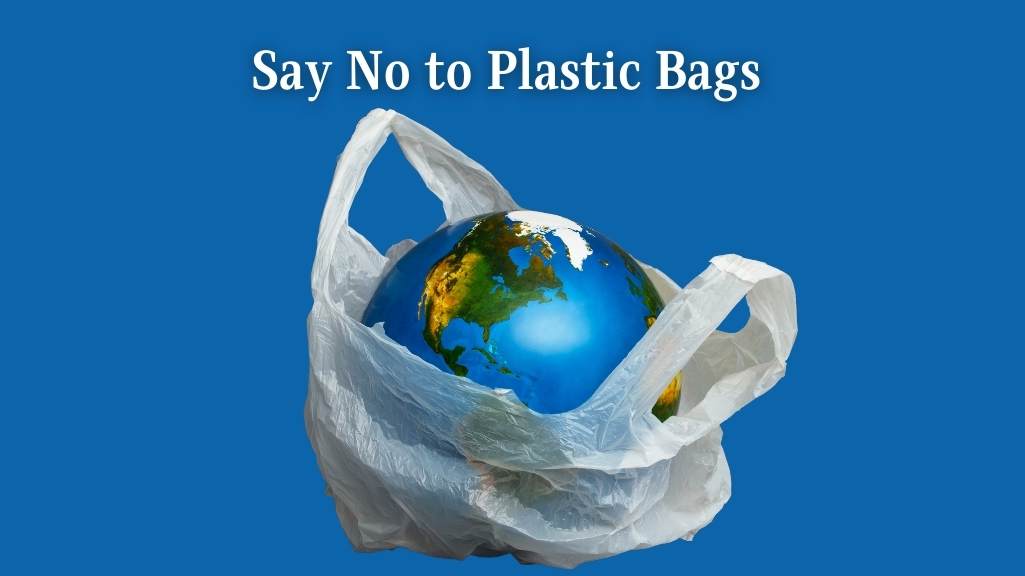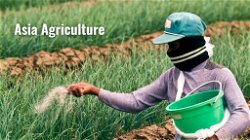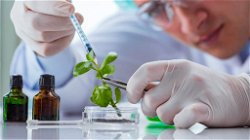Say No to Plastic Bags: Embracing a Sustainable Future
James Bond
. 2 min read
Plastic bags have become a ubiquitous part of our daily lives, offering convenience and ease of use. However, their convenience comes at a significant cost to our environment and overall well-being. In recent years, the detrimental impact of plastic bags on ecosystems, wildlife, and human health has become increasingly apparent. It is crucial for us, as consumers, and developers, as creators of solutions, to recognize the urgency of this issue and make a collective effort to say no to plastic bags. By understanding the environmental consequences and collaborating to explore alternative solutions, developers can contribute to paving the way for a more sustainable future.

Unveiling their Environmental Impact and Embracing Sustainable Alternatives
1. Environmental Consequences: Plastic bags are non-biodegradable, meaning they do not break down naturally over time. Instead, they persist in the environment, clogging up landfills, littering our streets, and polluting our water bodies. Some of the key environmental consequences of plastic bags include:
a) Pollution: Plastic bags, when improperly disposed of, find their way into waterways, where they endanger marine life. They can be mistaken for food by animals, leading to injury or even death. Additionally, when exposed to sunlight, plastic bags release harmful chemicals that contaminate soil and water sources.
b) Resource Depletion: Plastic bags are made from non-renewable resources such as crude oil and natural gas. Their production and disposal contribute to the depletion of these resources, which are essential for various industries and future generations.
2. Health Implications: Plastic bags not only harm the environment but also pose risks to human health. The following points highlight some of the health implications associated with plastic bag usage:
a) Toxins: Plastic bags contain harmful chemicals like phthalates and bisphenol A (BPA). These substances can leach into food or beverages stored in plastic bags, potentially leading to health issues such as hormonal imbalances and developmental problems.
b) Air Pollution: The production of plastic bags releases greenhouse gases and air pollutants that contribute to climate change and respiratory problems. By reducing plastic bag usage, we can mitigate these harmful effects and improve air quality.
3. The Way Forward: Alternatives and Solutions: To create a sustainable future, it is essential to adopt alternatives to plastic bags. Here are some effective solutions that can be implemented:
a) Reusable Bags: Encourage the use of reusable bags made from durable and eco-friendly materials such as cotton, jute, or canvas. These bags are not only long-lasting but also reduce the demand for plastic bags.
b) Paper Bags: While paper bags have their own environmental impact, they are a better alternative to plastic bags as they are biodegradable and can be recycled.
c) Education and Awareness: Promote public awareness campaigns to educate individuals about the environmental consequences of plastic bags. Encourage responsible consumer behavior and provide information on sustainable alternatives.
d) Government Regulations: Governments can play a pivotal role in tackling the plastic bag issue by implementing policies such as levying taxes on plastic bags, imposing bans, or incentivizing the use of reusable bags.
Conclusion
Taking a stand against plastic bags is an essential step towards a more sustainable future. By understanding the environmental consequences and embracing alternatives, we can significantly reduce our ecological footprint and protect our planet's delicate ecosystems. Let us all make a conscious effort to say no to plastic bags and pave the way for a cleaner, healthier, and more environmentally friendly world.
More Stories from
Eco-Friendly Practices: How Individuals and Businesses Can Make a Difference
Discover the Power of Eco-Friendly Practices: Learn how individuals and businesses can contribute to a greener world by adopting sustainable measures.
Agricultural Practices in Asia: Major Farming Systems and Adaptation Measures
This article highlights the vulnerability of Asia's agriculture sector to climate change and the need for adaptation measures.
Unveiling India's Volcanic Secrets: A Geological Overview
Explore India's unique volcanic history and the enduring forces of nature that continue to captivate scientists and adventurers alike.
Zero-Waste Living: Practical Tips for Reducing Environmental Impact
Discover the power of zero-waste living as this article offers practical tips and actionable advice for reducing your environmental impact.
Biotechnology and the Future of Medicine: Advancements and Ethical Concerns
This article explores precision medicine's personalized treatments, the promise and ethical challenges of gene editing, the potential of artificial intelligence in healthcare, and the future of organ transplantation.










.png?width=40&aspect_ratio=1:1)


.png?width=40&aspect_ratio=1:1)